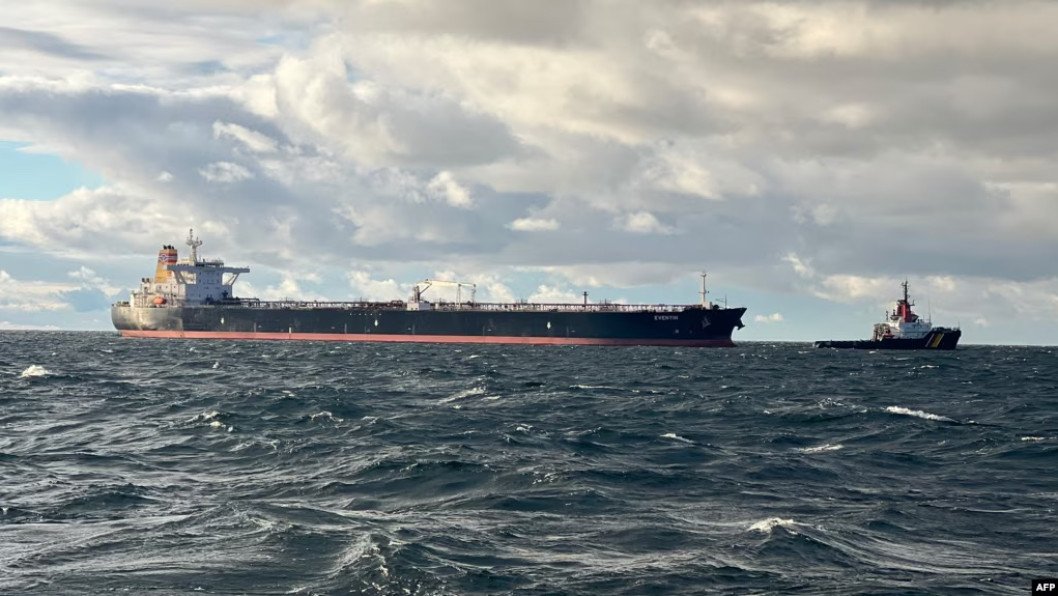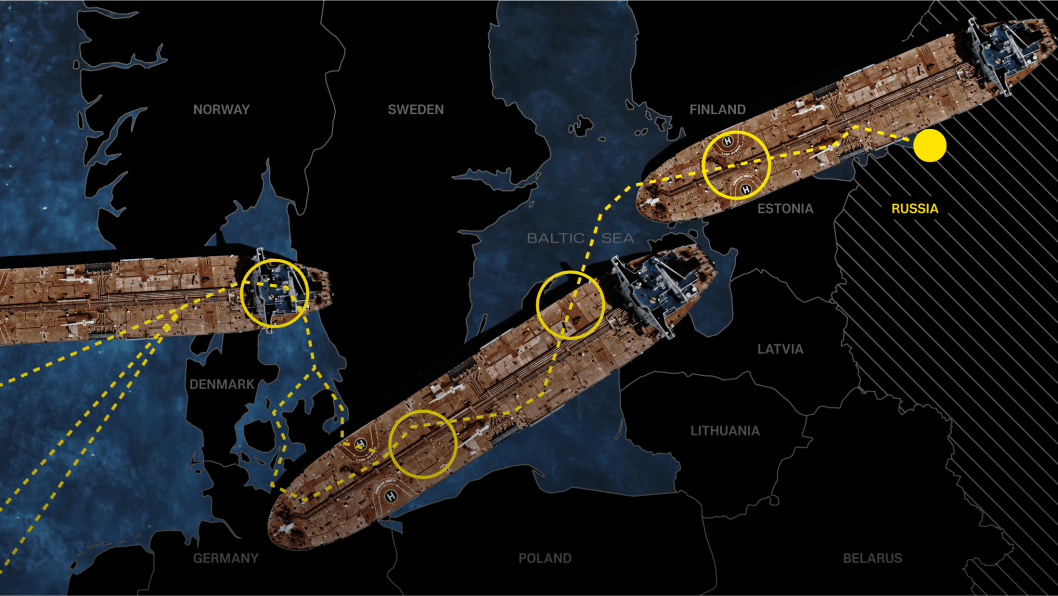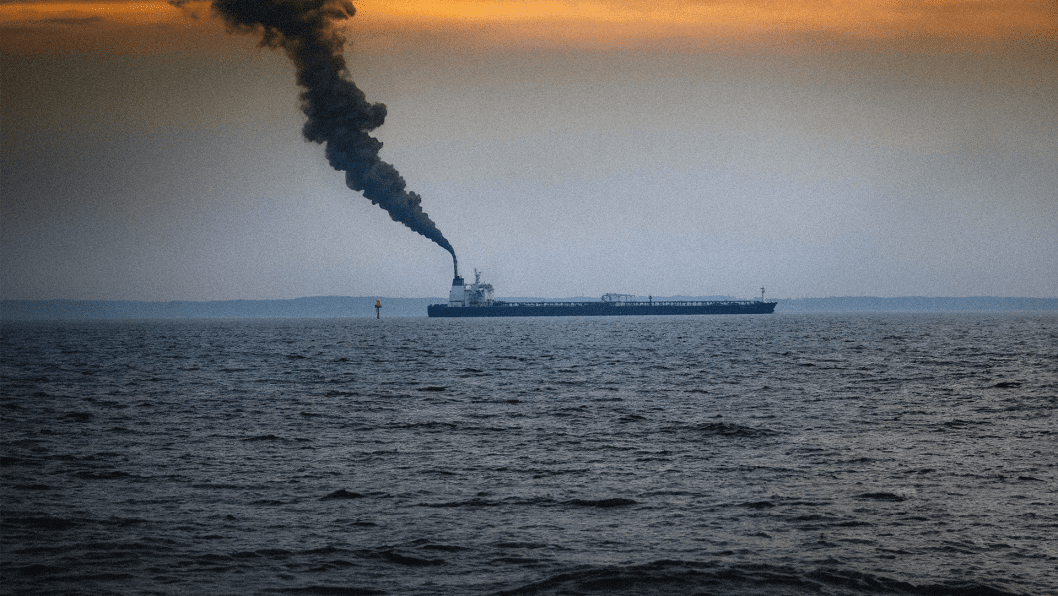- Category
- War in Ukraine
New US Sanctions Strike a Major Blow to Russia's Shadow Fleet, Here's Why They Matter

Never before has the world imposed such significant sanctions on Russia's oil industry. These measures are expected to severely impact the Russian economy and the ruble.
Ten days before Donald Trump's inauguration, the administration of President Joe Biden implemented one of the largest sanction packages targeting Russia's entire oil industry. This was a broad and comprehensive move rather than a set of targeted sanctions. The goal is to reduce production and, consequently, revenues that fund the war. Here's what you need to know about the new sanctions package and its impact on Russia.

Sanctions on сompanies
The sanctions target Russia's third- and fourth-largest oil producers: Surgutneftegas and Gazprom Neft. This marks the first time since the start of the war that the Biden administration has taken such steps, as no companies in the top five had previously been sanctioned. The sanctions also extend to the leaders of these companies—Vladimir Bogdanov and Alexander Dyukov.
The aim is to reduce oil production. Together, Surgutneftegas and Gazprom Neft produce about 2.5 million barrels per day, compared to Russia's total production of roughly 9 million barrels per day. While this entire volume won't disappear—since some oil can be sold domestically, processed into other products, or exported to friendly nations—the impact is expected to be significant.
The US and analysts believe that Middle Eastern producers (e.g., Saudi Arabia and the UAE), along with the US, Canada, Brazil, and others, will step in to fill the gap, ensuring the global oil market remains stable without significant price spikes.
For Russian companies, this presents a severe challenge: they will need to find new buyers, reorganize company structures, and face restrictions on purchasing equipment and software. Production and distribution costs will rise, reducing profitability.
Additionally, the US has sanctioned 20 foreign trading companies that were selling Russian oil.
The Shadow Fleet
Even more critical are the sanctions targeting Russia's shadow fleet. The measures apply to the state-owned Sovcomflot, its fleet, and shadow fleet vessels—covering a total of 183 ships. These include various oil tankers, from small vessels to Panamax tankers. Overall, these sanctions affect about 5% of the global tanker fleet, which transports roughly 3% of the world's oil.

Russia has spent the last three years buying old tankers worldwide to transport its oil. The loss of these transport capacities will increase logistics costs and reduce profit margins for Russian oil companies. Furthermore, sanctioned ships are often denied entry to ports that fear secondary sanctions. For example, Chinese ports like Qingdao, Rizhao, and Yantai have already refused to accept sanctioned vessels. Similarly, Indian refinery representatives have stated they will not work with tankers on the US sanctions list.
Russian companies will need to find buyers willing to work with the shadow fleet and deal with sanctioned entities.
Why is this important?
Revenues from the oil and gas sector make up a significant portion of Russia's budget—40% of which is currently allocated to the war against Ukraine. This amounts to approximately $140-$150 billion annually. Sanctions on Russia's oil and gas sector reduce the inflow of funds into its economy, impacting its war expenditures. The primary goal of these sanctions is to deprive the Kremlin of the resources to finance the war. The new sanctions are a significant step toward achieving that goal.

-29a1a43aba23f9bb779a1ac8b98d2121.jpeg)
-35249c104385ca158fb62273fbd31476.jpg)


-554f0711f15a880af68b2550a739eee4.jpg)



-206008aed5f329e86c52788e3e423f23.jpg)